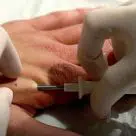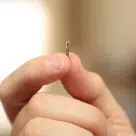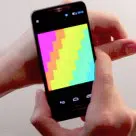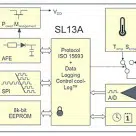One in two UK consumers would consider a payments chip implant
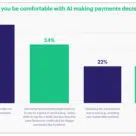
Just over one in two (51%) UK consumers would consider making payments using a chip implanted in their hand provided it met certain criteria including medical safety and privacy protection, a new survey reveals... More
